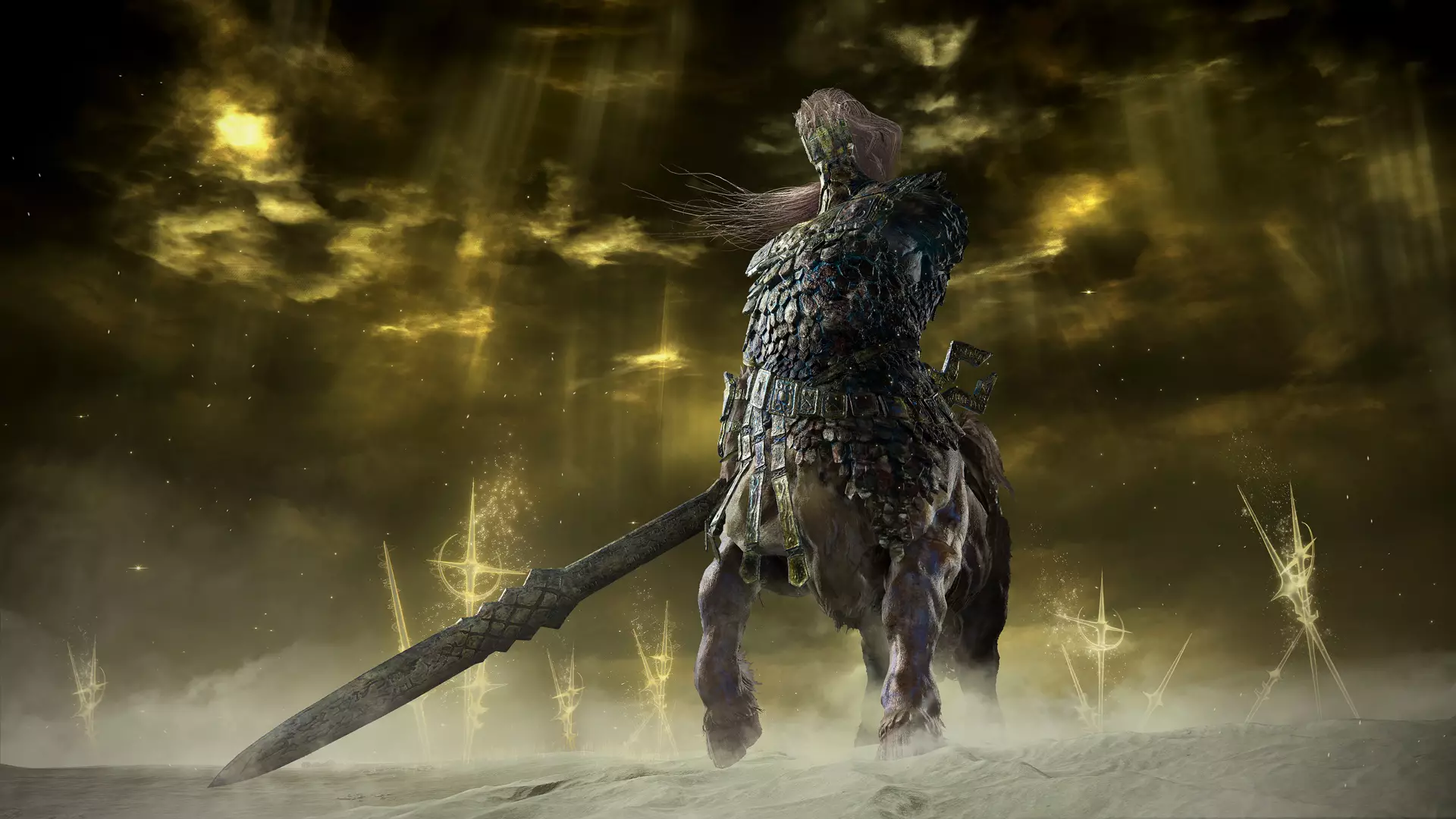In the expansive universe crafted by FromSoftware, the transition from immersive single-player experiences to a fast-paced co-op structure introduces an interesting dichotomy. The studio’s latest endeavor, Elden Ring Nightreign, confronts this dynamic head-on, trading in the contemplative exploration reminiscent of games like Dark Souls and Bloodborne for a bustling, time-sensitive format. The 45-minute match structure, framed within three in-game days, engenders an adrenaline-fueled atmosphere, urging players to focus on swift engagement rather than leisurely exploration. This design choice may resonate with the modern gaming audience, who often gravitate towards shorter, more intense gameplay sessions. However, it’s crucial to ponder whether this shift sacrifices the depth and immersive storytelling that defined its predecessors.
A Fork in the Road: Embracing New Directions
Director Junya Ishizaki has openly acknowledged the “fork in the road” faced by the development team. The concern that players might not be able to fully immerse themselves in the game’s rich, atmospheric world poses a legitimate challenge for any studio committed to balancing innovation with player satisfaction. The decision to prioritize fast-paced co-op play over a more leisurely experience illustrates a significant pivot in FromSoftware’s game design philosophy. While the studio’s courage to explore new territories showcases its versatility and creativity, it also raises questions about the potential alienation of loyal fans who cherish the slower, methodical gameplay mechanics they have come to love.
Despite these concerns, Ishizaki remains optimistic, framing the new format not as a deviation, but as a fresh opportunity. In a gaming landscape brimming with innovation, the need to distinguish oneself is paramount. In an era where many titles adhere to well-trodden formulas, FromSoftware’s willingness to embrace risk may ultimately be rewarding, ushering in an era of heightened competition and creativity within the industry.
Cultural Shifts in Player Expectations
One cannot overlook the cultural shifts in player expectations. With the advent of multiplayer experiences dominating the gaming world, the demand for content that encapsulates camaraderie and instantaneous engagement has skyrocketed. Elden Ring Nightreign may very well be a direct response to this trend, echoing the urgency inherent in many contemporary gaming habits. Yet, this necessitates a reevaluation of what type of experience is genuinely satisfying. Are players prepared to forgo the intricate storytelling and exploration that have long been synonymous with FromSoftware titles in favor of an experience that emphasizes rapid, competitive gameplay?
Furthermore, the question arises: can urgency coexist with the deep narrative and behavioral subtleties characteristic of the studio’s widely celebrated titles? Elden Ring Nightreign challenges the status quo, pushing players to switch gears and adapt to a more frantic and, arguably, a less contemplative gaming environment. This transformation provokes excitement about what may emerge next from the creative minds at FromSoftware but also sparks concern regarding the potential dilution of the brand’s signature essence.
Innovative Assets Engagement
Ishizaki’s reflections on asset reuse point to a broader conversation about innovation in game development. The claim that rather than simply rehashing old concepts, the studio is creating something novel illustrates a shift in how developers approach game design. This perspective is refreshing in an industry often criticized for recycling ideas, which can lead to stagnation. By reinterpreting familiar elements within a new context, FromSoftware may not only keep its existing fanbase engaged but also attract newcomers eagerly looking for unique experiences.
Elden Ring Nightreign represents a bold and risky evolution for FromSoftware, one that ignites discussions about the future of co-op gaming and the potential to redefine player engagement. Amidst the echoes of admiration and trepidation lies an invigorating challenge that has the power to shape the landscape of future gaming narratives.

